Student Clubs
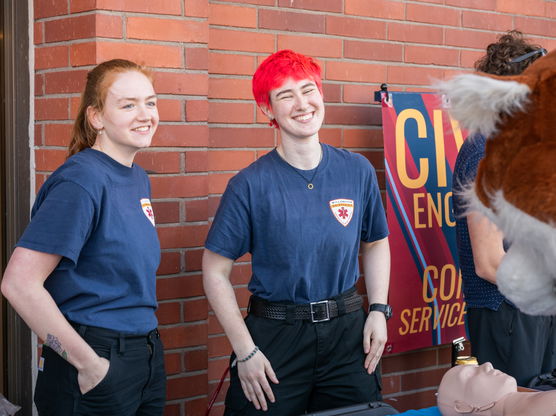
Immerse yourself in our vibrant community where learning goes beyond the classroom. Here's everything you need to know about your new home at Willamette.
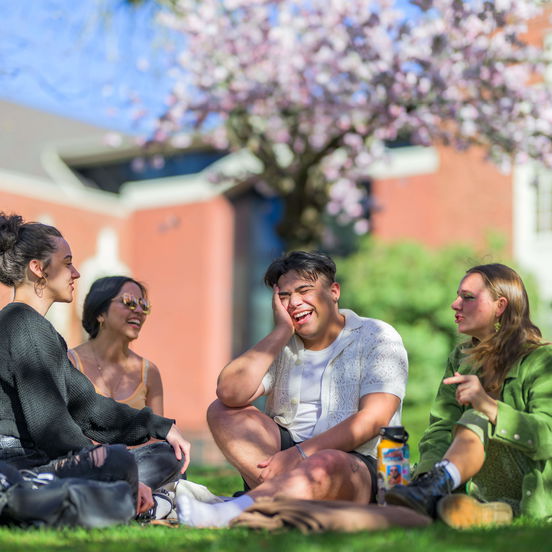
With roots in the Capitol region, a presence in Portland, and experiences that expand into the natural wonders of the Pacific Northwest, Willamette University is inspired by its surroundings. Our location gives you access to learning opportunities—and extracurricular adventures—you can’t find anywhere else.

Make friends. Make memories. Make a difference. There’s so much to keep you busy outside of class, like student-led groups, performance opportunities, varsity and club sports, and a full calendar of events.

Looking for a little friendly competition on the field or court? Maybe moseying down a trail or river is more your style? We offer 20+ intramural/club sports and outdoor activities galore.
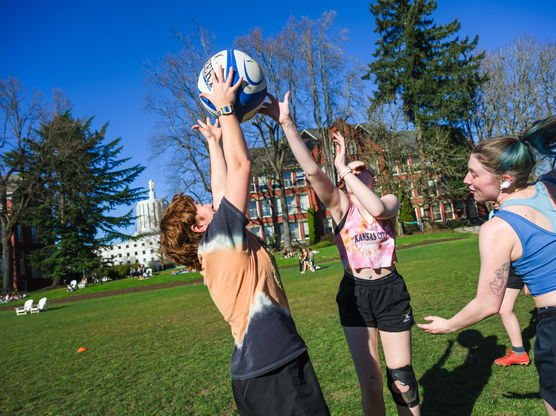
Home to the Hallie Ford Museum of Art and Theatre 33—and welcoming a range of renowned speakers, artists and performance groups each year—Willamette is a cultural hub for Salem. PNCA in Portland is part of the city’s vibrant arts scene.
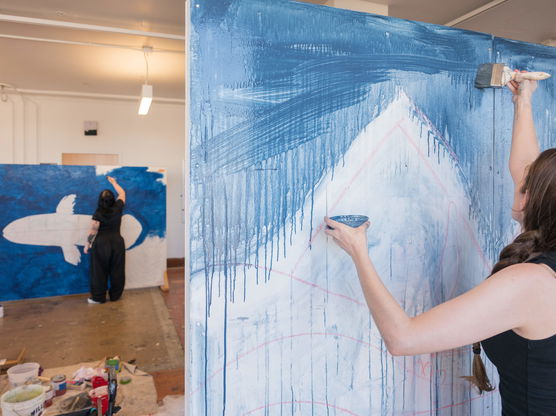
We’re proud to cheer on 20 varsity teams. More than 300+ student athletes participate in Bearcat athletics, part of the NCAA Division III Northwest Conference.
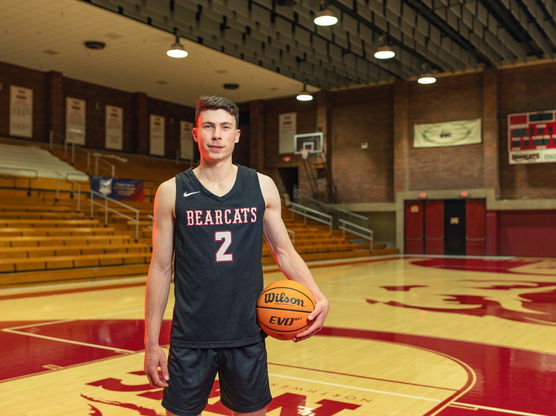
Our Salem Campus features more than a dozen residence halls, including first year communities and apartment options for juniors and seniors. No matter where you live, we know you’ll feel at home.

You’ll eat well at Willamette. Our main dining hall, Goudy Commons, offers scratch-made meals in an all-you-care-to-eat model—including brunch on the weekends. Blitz Market is stocked with grab-and-go items, and Rick’s Café offers coffee, teas, sodas and snacks.
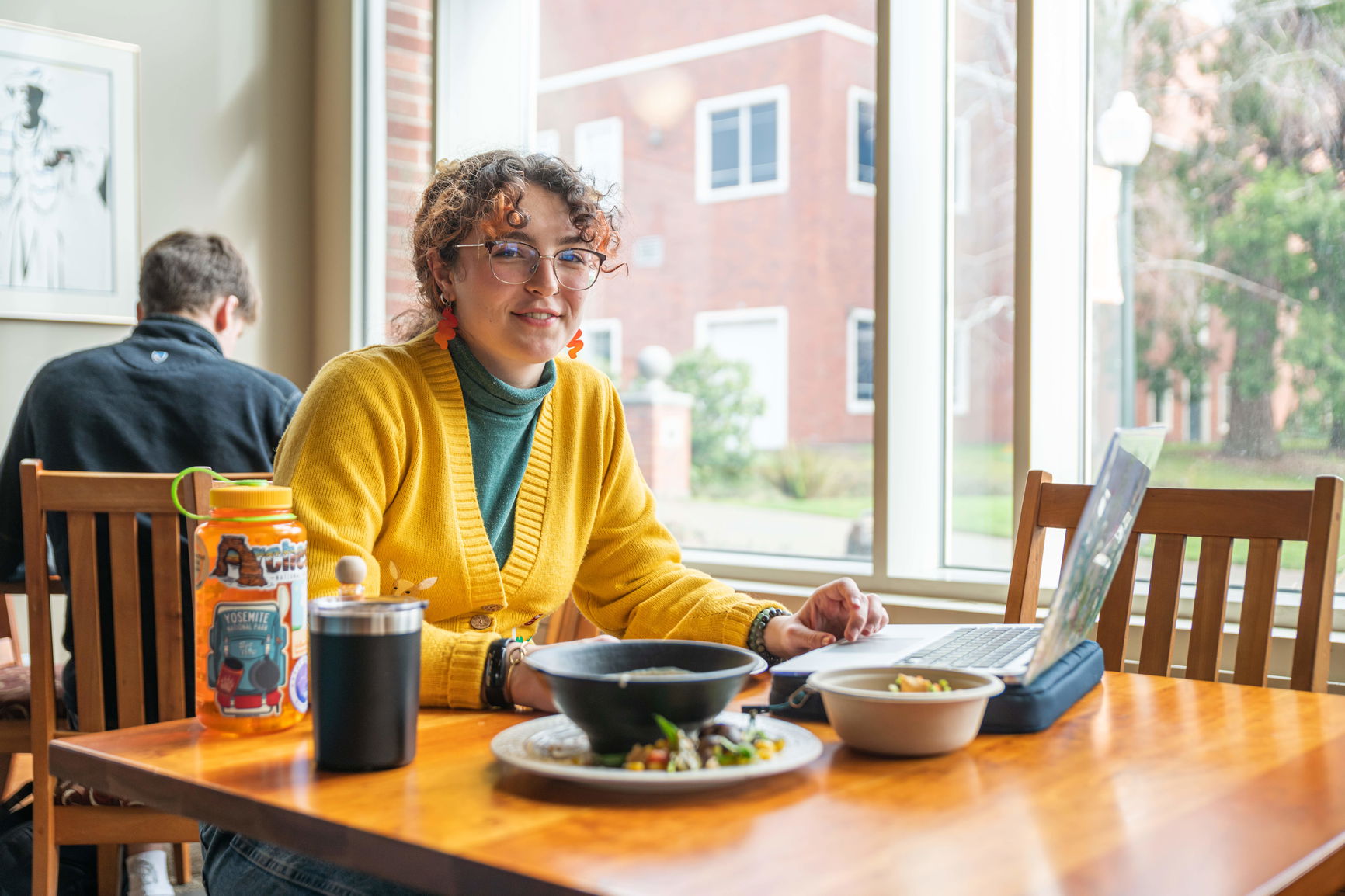
STUDENT SERVICES
During your time on campus, we’re here to support you academically, socially, personally and professionally.
Willamette University